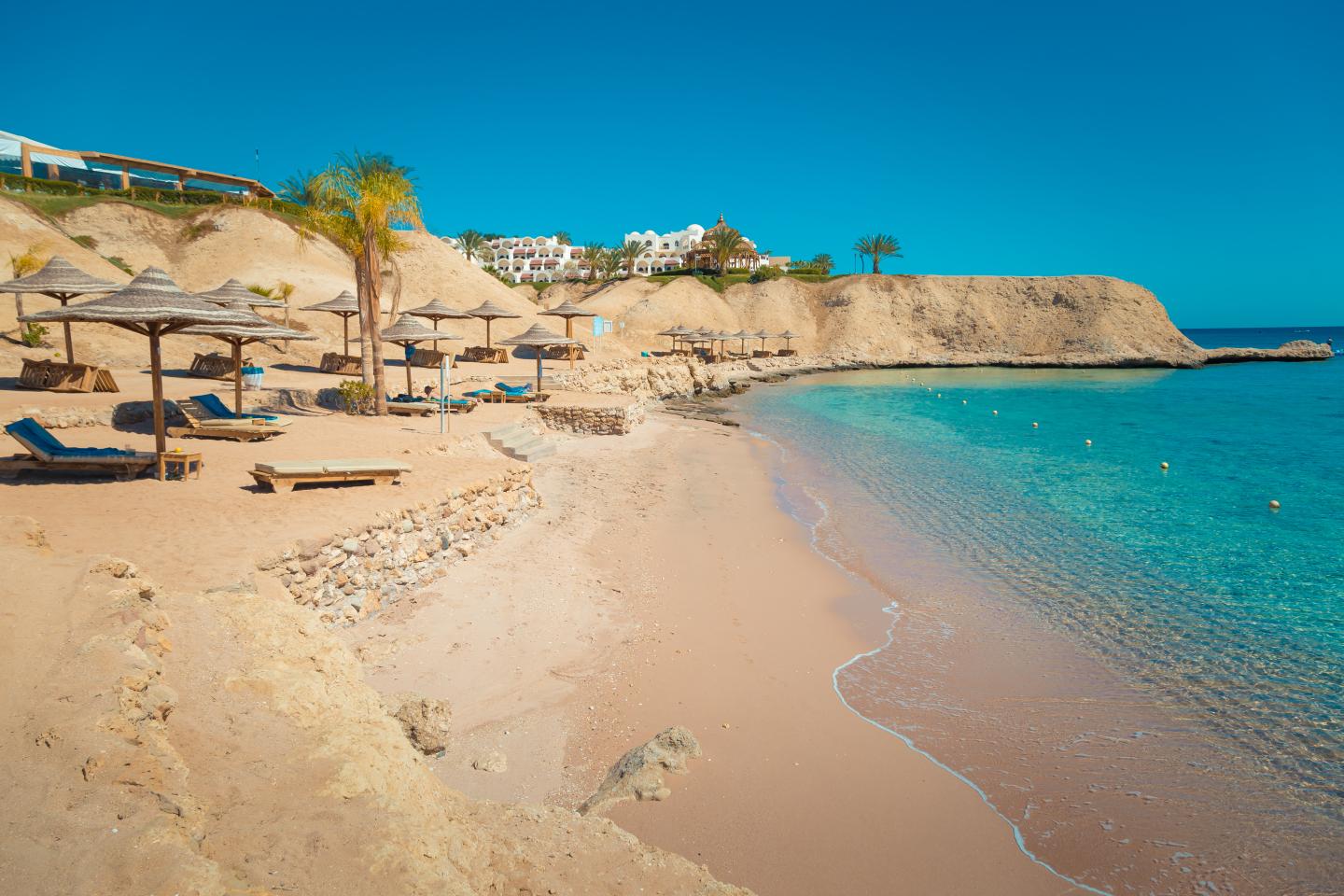
Egypt’s Wadi al-Gemal, home to glistening bays where endangered green turtles glide through coral gardens, is facing an uncertain future as a shadowy tourism project threatens one of the Red Sea’s last wild shores.
The area around Ras Hankorab, renowned for resilient coral ecosystems and unspoiled nesting beaches, has become the focal point of a growing conservation dispute.
In March, excavators appeared on the sand, prompting staff at Wadi al-Gemal National Park and environmentalists to raise the alarm. Thousands signed a petition to “Save Hankorab” after uncovering a contract between an unnamed government entity and a private investment company to build a resort.
While the environment ministry — which manages the reserve — halted construction and removed the machinery, parliamentary inquiries into the deal remain unanswered, and insiders suggest the project may still be active.
“Only certain kinds of tourism development work for a beach like this,” said Mahmoud Hanafy, a marine biology professor advising the Red Sea governorate.
“Noise, lights, heavy human activity — they could destroy the ecosystem.” Hankorab lies within Wadi al-Gemal National Park, protected since 2003, and is considered one of the last undisturbed natural beaches on Egypt’s southern Red Sea coast, according to the UN Development Programme (UNDP).
Egypt’s government, struggling with its worst economic crisis in decades, sees its 3,000-kilometre coastline as a key revenue source.
Large-scale projects, including a $35-billion deal with the UAE for Ras al-Hekma on the Mediterranean, have set a precedent for Red Sea developments.
President Abdel Fattah al-Sisi has allocated over 174,000 square kilometres of Red Sea land to the finance ministry to boost investment, aiming to attract 30 million visitors by 2028 — double the current number.
Environmentalists warn that rapid tourism expansion has often come at the expense of fragile ecosystems. “The goal is to make as much money as possible from developing these reserves, which means destroying them,” said Ahmed al-Seidi, an environmental lawyer.
The legal framework is also in limbo, with Hanafy noting that the resort deal was signed with a government body outside the ministry responsible for the park, potentially rendering the agreement “null and void.”
Entry to Ras Hankorab now costs 300 Egyptian pounds ($6), five times the previous price, and upgraded facilities including new toilets, sun loungers, and plans for a cafe have appeared, highlighting the tension between tourism development and conservation.
For now, construction remains halted, but the future of one of Egypt’s last undisturbed Red Sea beaches hangs in the balance.



